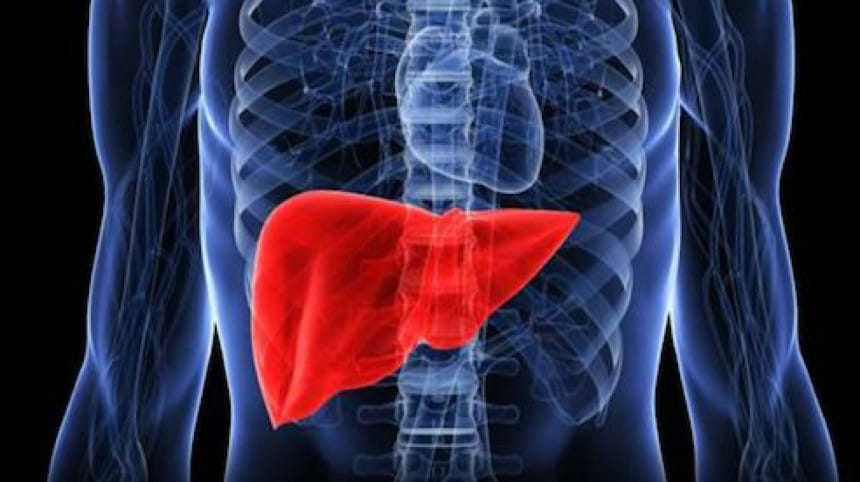Liver Cancer Detection: Trial on new test in Bangladesh shows promising results

Bangladeshi scientists have successfully conducted a trial of an early liver cancer detection test.
The blood test was developed by HKG Epitherapeutics Ltd, a Hong Kong-based company, and has been on trial in other countries.
At least 554 individuals, including liver cancer patients, non-liver cancer patients, individuals with chronic hepatitis B, and healthy people, took part in the trial in Bangladesh between 2018 and 2021.
During the study, the test showed 84.5 percent "sensitivity", the ability of the test to diagnose an individual with liver cancer.
It also has 95 percent "specificity", which refers to the test's ability to identify an individual who does not have the disease.
Researchers from HKG Epitherapeutics Ltd, the International Centre for Diarrhoeal Disease Research, Bangladesh (icddr,b), and Bangabandhu Sheikh Mujib Medical University (BSMMU) jointly conducted the trial.
The trial findings were revealed yesterday at a seminar in Dhaka.
The test utilises a mechanism -- distinctive DNA methylation signatures -- to identify liver cancer in high-risk populations, including individuals with liver diseases, Type-2 diabetes, and alcoholics.
"A similar study was carried out in China earlier using the same testing mechanism. This trial is a first in Bangladesh, and the results indicate that the test is effective here too," Wasif Ali Khan, the principal investigator and a scientist at icddr,b told The Daily Star yesterday.
He said the successful trial is a critical milestone in liver cancer detection in the country and holds the potential to significantly reduce morbidity and mortality rates associated with liver cancer.
Liver cancer is a major global health concern and is often diagnosed at advanced stages, leading to significant challenges in treatment and causing low survival rates.
Prof Moshe Szyf, chairman of HKG Epitherapeutics Ltd and a fellow of the Royal Society of Canada, presented the keynote at the event.
Tahmeed Ahmed, executive director of icddr,b, chaired the event and Prof Sharfuddin Ahmed, vice-chancellor of BSMMU, spoke as the chief guest.

 For all latest news, follow The Daily Star's Google News channel.
For all latest news, follow The Daily Star's Google News channel. 



Comments